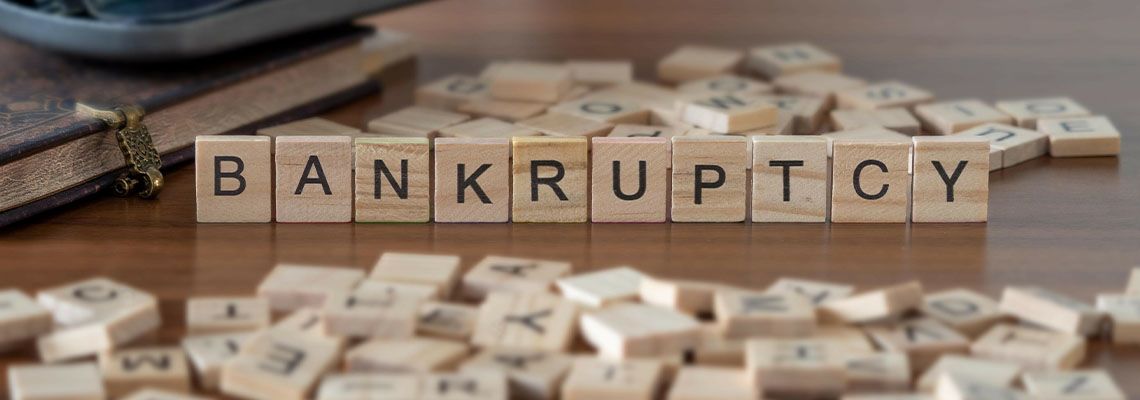
The Difference Between Chapter 7 and Chapter 13
Although most people are familiar with the basics of what filing for bankruptcy means, they may not adequately understand the difference between chapter 7 bankruptcy and chapter 13 bankruptcy. According to the US Bankruptcy Court, there were 2,378 chapter 7 filings and 1,382 chapter 13 filings in the Northern District of California in 2022, which includes those living in the Bay Area. These are two of the most common options available to individuals, but how do you decide which is right for you? To speak with bankruptcy attorneys in your region, contact our knowledgeable team at the EH Law Group. From our offices in San Mateo, California, we’re proud to serve those throughout the surrounding area, including San Francisco, Santa Clara County, Oakland, Daly City, and South San Francisco.
Chapter 7 Bankruptcy
The majority of individual filers will opt for chapter 7 bankruptcy. This type of filing is also referred to as “liquidation bankruptcy” because the filer is required to sell off (liquidate) any non-exempt assets to pay off debt before any other debt can be discharged. That said, in most cases, chapter 7 filers won’t have any assets that are eligible for liquidation and can most often proceed straight to the filing.
There are certain criteria you’ll need to meet to file under this chapter, and one of the most important pertains to your income. To qualify, you must meet the “means test.” This means that your current monthly income must be less than or equal to the average median income of a same-size household in your state. For example, if you’re in a household of three, your average gross income will be compared to other three-person households in California. Your disposable income will also be evaluated to see if you have enough left over after your allowable expenses to establish a repayment plan. If it’s deemed that your income is too high or that you have an adequate amount of disposable income, you’ll likely have to file for schedule 13 instead of 7.
Chapter 7 is an ideal choice for those who don’t have a lot of income (though you can still qualify with steady employment), who don’t have a lot of disposable income, and who don’t have a lot of assets. If this is the case for you, it’s likely that you’ll be able to proceed with chapter 7 without losing your assets. It’s worth noting that while filing for bankruptcy can provide substantial debt relief, there are some debts that cannot be discharged, such as alimony, child support, student loans, and most taxes.
Chapter 13 Bankruptcy
Those who wish to discharge debt but are concerned that their income may preclude them from qualifying for chapter 7 may want to consider chapter 13. Chapter 13 is sometimes called the “wage earners” plan because it’s ideal for those who make too much money to qualify for chapter 7 but still need financial relief. With this type of bankruptcy, the individual will work with their attorney and the courts to establish a repayment plan to pay off their debts that typically lasts three to five years. At the end of this repayment period, any eligible debt that has not been paid off can then be discharged. This option is also a good idea for those who want to protect their assets (for example, if they have considerable equity in their home or own more than one car that they want to keep) since you won’t be required to liquidate any assets.
However, in order to have your debts eventually discharged, you must stay current on all payments, paying them on time and in full. If you don’t do this, you’ll be at risk of losing assets. Like chapter 7, only consumer debt can be discharged this way, meaning debts like medical bills, personal loans, past rent, past due utilities, or credit card debt are all eligible.
Getting the Legal Guidance You Need
While there’s no specific law that states you have to work with a bankruptcy attorney when filing, most people find hiring a lawyer to be a necessary step. Your attorney can help evaluate your specific situation and advise you on which type of bankruptcy makes the most sense for you. They may also be able to help those who are right on the line qualify for chapter 7 by reallocating certain expenses or assets so that you meet the income requirements. In almost all cases, individuals report that they end up saving more of their money and getting through the bankruptcy process faster when working with an attorney compared with attempting it on their own.
Understand Which Option Is Best for You
If you’re experiencing financial troubles and want to know more about your choices between chapter 7 and chapter 13 bankruptcy, contact us at the EH Law Group. We proudly serve those in and around San Mateo, California. Our team has everything necessary to assist your specific situation and help you look toward a brighter future.
